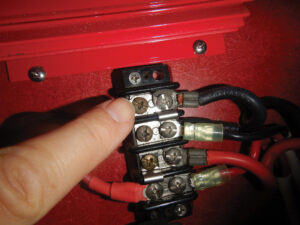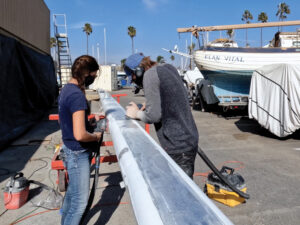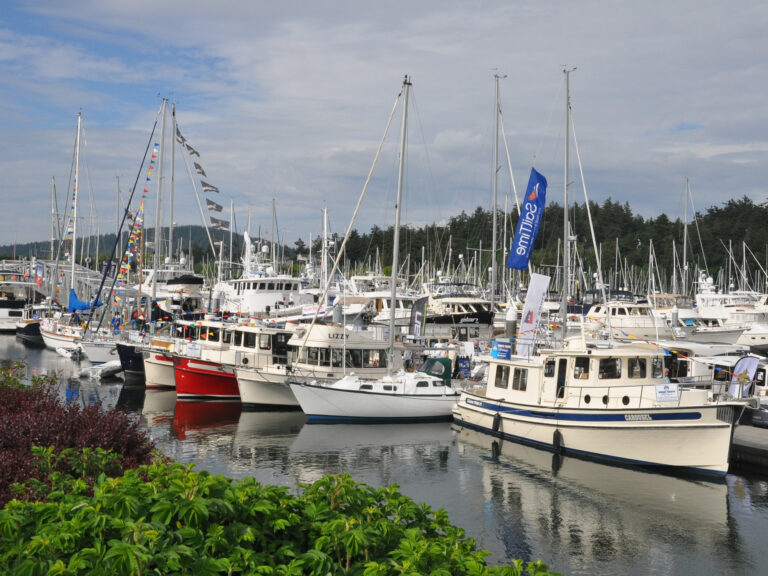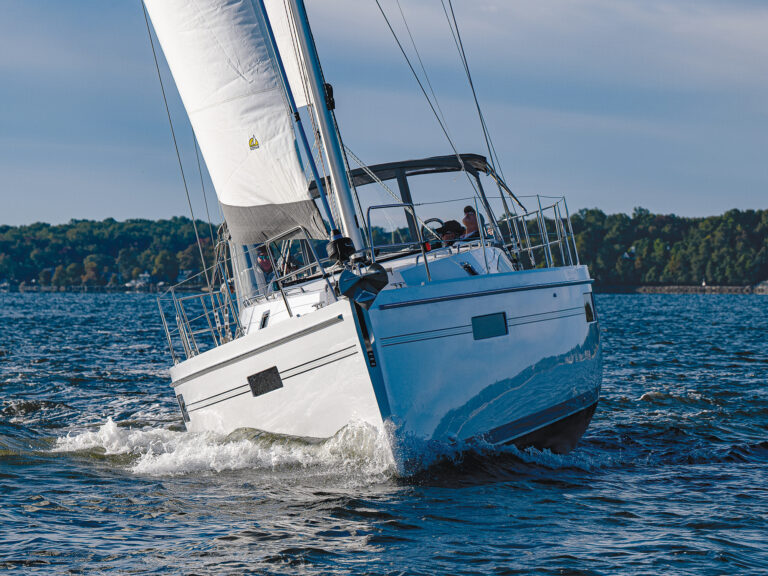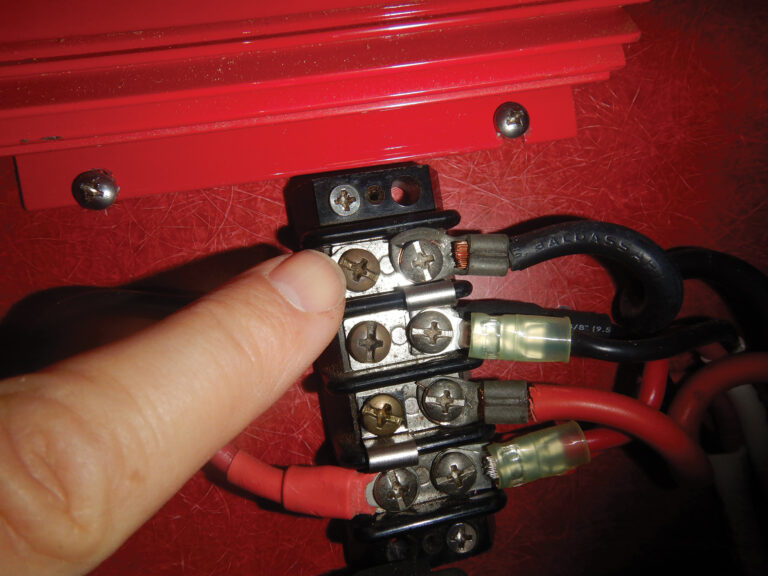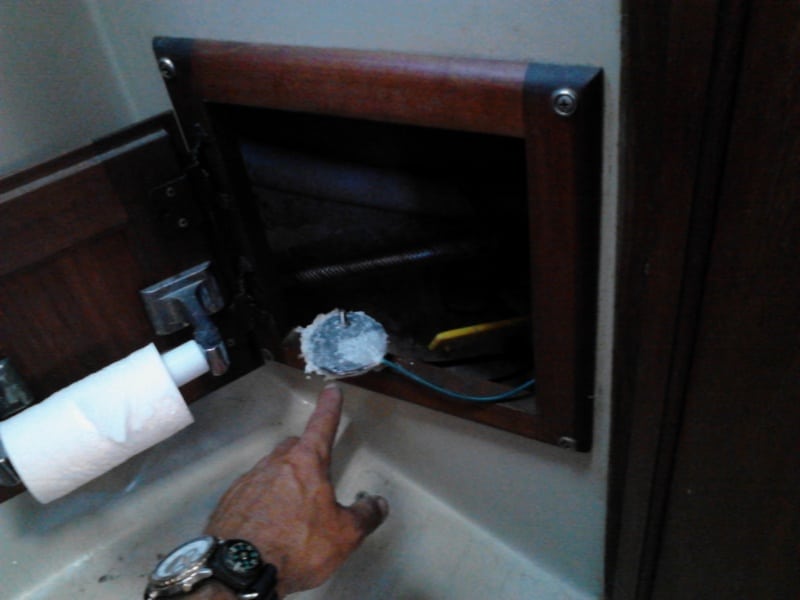
zinc out of water_7999.jpg
A pair of really good and pertinent questions came in yesterday that need to get shared with everyone. The photo below is of a sacrificial anode attached to the end of a string of green bonding wires which are in turn connected to some through hull fittings on the boat in question. The anode had been stored neatly in a locker located in the head on the boat.
So, our reader had two questions, here they are:
“Is a zinc effective when out of the water but still attached to the bonding system?”
Answer: Absolutely, positively NO! Sacrificial anodes, whether they be made from zinc, aluminum or magnesium are part of a system. The system is known to tech types as a “cathodic protection” system. In fact, the ABYC standard E-2, which is entitled Cathodic Protection Systems explains all the requirements for such a system. Anyhow, this system requires both an anode and some cathodes. The anodes, or zincs as our questioner describes them are the sacrificial component. But, it must be submerged in the SAME electrolyte as the cathodic pieces (in this case the through hull fittings in question) it is intending to protect. So, that means the water the boat is floating in. This is all a part of what is known as a galvanic cell, which is comprised of an anode, cathode, electrical connection between the anode and cathode and again, a common electrolyte, in this case the water the boat sits in.
Now, it is a little bit more complicated than that becasue this whole system needs to be calibrated, if you will, so that voltage potentials etc. are within prescribed quidelines; it does take an experienced technician to make these adjustments. But, suffice to say that an anode sitting in a relatively dry onboard locker, connected or not to a bonding system, is doing nothing to contribute to the protection of the underwater metal.
Second question: “Assuming a boat is fresh water cooled and has marlon through hull fittings, would the engine zinc for the raw water side of the cooling system need replacement less often if the ball valve for the water intake is kept closed when the engine is not in use?”
Answer: It probably won’t make any noticeable difference to anode life. In the case of engine internal anodes the things that really impact their life expectency is the rate of water flow past them, so if an engine is run more frequently, that will reduce their life. But, still water will still be sitting in the engine whether the ball valve is open or not so I really don’t think any quantitative difference in anode life could be realized.
Related stories:
Safe AC-Electrical Wiring Aboard
Preventing Electric Shock Drownings

